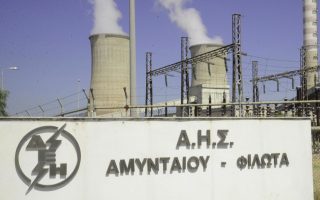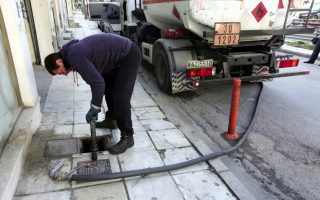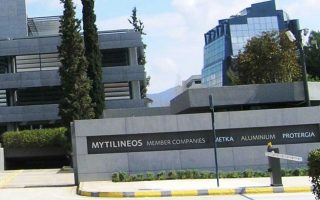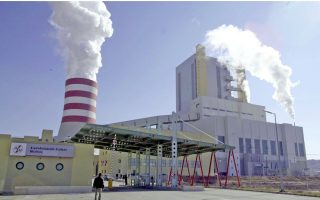Italy’s ENI showing interest in hydrocarbon field south of Crete
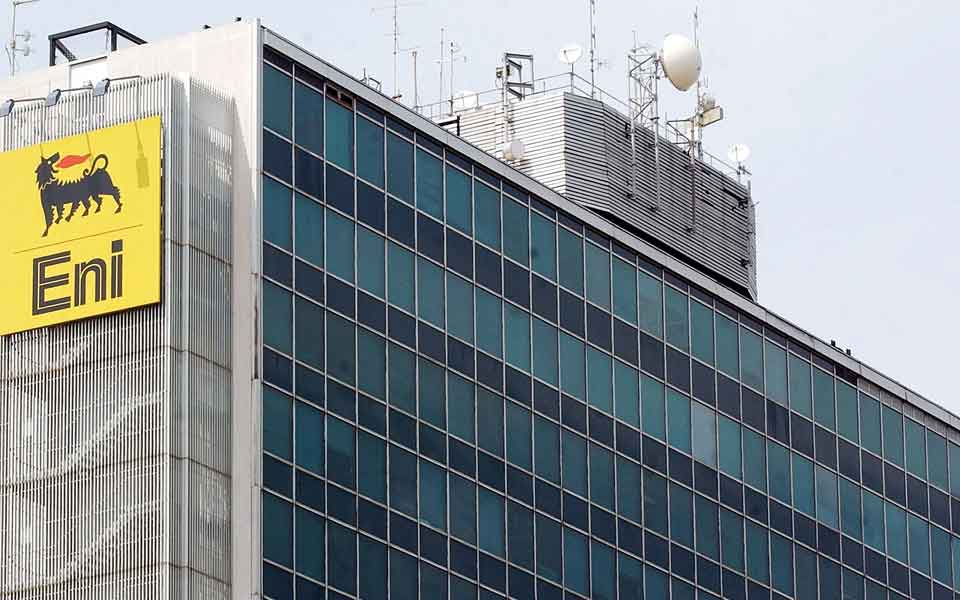
One more multinational oil giant is about to seek a slice from the Greek hydrocarbon pie after Total, ExxonMobil, Repsol and Edison, as Italy’s ENI is preparing to enter the local market, according to sources.
The company that discovered the famous Zohr Field off the Egyptian coast and has already secured a foothold on the Cypriot market, is now expanding its scope in the southeastern Mediterranean and the Greek market – a step that many had considered likely.
Kathimerini spoke to officials who confirmed ENI’s interest, saying that there is also interest in this direction by other oil companies as well, ahead of the start of two tenders for the concession of specific blocks, triggered by the consortium of Hellenic Petroleum, Total and Edison and by Energean Oil & Gas.
The above consortium is interested in the block off the coast of Crete and south of the Peloponnese, while Energean is eyeing the area southwest of Corfu and west of Lefkada. The former block is an extension of the Herodotus Basin that accounts for the large gas reserves of Israel, while in the Ionian Sea belongs to the broader Periadriatic Zone, which is geologically related to the regions of Montenegro, Croatia and Albania that are about to be explored and developed.
ENI’s interest appears to be focused on the area near Crete, which means there will be some strong competition with the Hellenic Petroleum-Total-Edison consortium that is eyeing the same region. This would strengthen Greece’s negotiating position ahead of the signing of concession contracts.
The tenders, expected to begin soon, will be a fast-track process as the law dictates, lasting up to 90 days.
The market’s picture appears completely different to 2014, when only Total and Edison among the multinationals showed an interest in block tenders. This change comes thanks to the discovery of the Zohr reserve, according to Yiannis Bassias, the head of the Hellenic Hydrocarbons Resources Management.
“That discovery has sent positive signals to the market about the existence of a second oil system that has indications of being extensive in the Mediterranean. Western Greece and the area south of Crete are part of this, so the oil industry has also turned to Greece,” says Bassias, who expects the first new drillings to begin within two years if bureaucracy is overcome.
